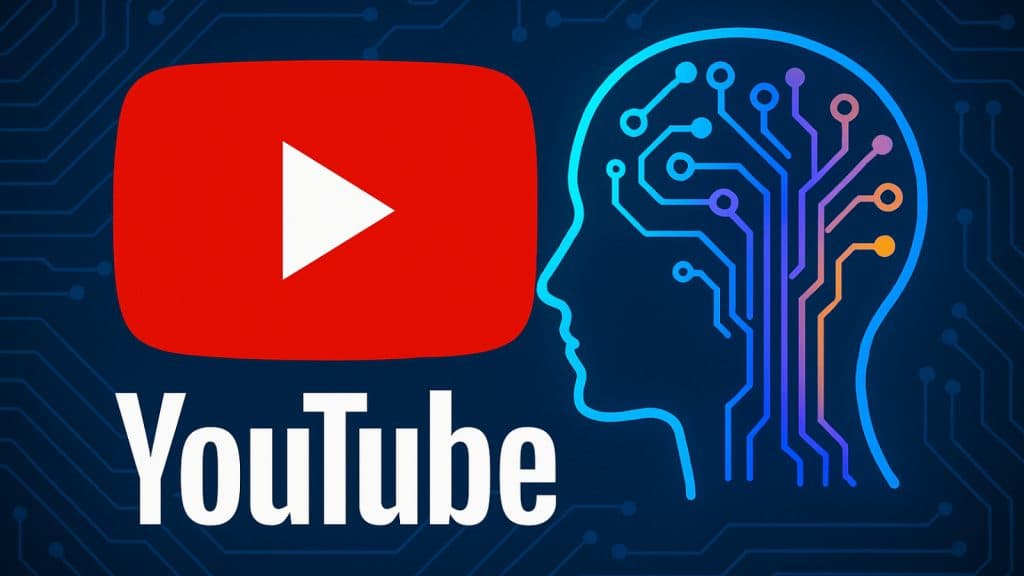YouTube has revealed how its updated guidelines, which take effect on July 15, will target ‘inauthentic’ content including certain AI and reaction videos.
The platform has clarified that it will now focus on better identifying mass-produced content in an effort to ensure that monetization remains reserved for original and high-quality videos.
As part of its YouTube Partner Program, YouTube has always required creators to upload original content to qualify for monetization. However, the company is now stepping up its efforts to more accurately pinpoint content that is mass-produced and repetitive, with new rules aimed at improving this identification process.
Earlier this month, YouTube confirmed that it was updating its policies to demonetize certain types of content, specifically to “better identify mass-produced and repetitious content.”
Now, the platform has revealed which types of videos will be targeted by the guidelines.
YouTube targets “inauthentic” videos for demonetization
In a statement to Gizmodo, YouTube explained that under the rules, AI-generated videos using voiceovers “without any personal commentary or storytelling” could lose their eligibility for monetization.
Similarly, content featuring “slideshow compilations” with “reused clips,” “reaction or recap-style content with little original insight,” and videos following “highly repetitive formats, especially in Shorts” may also be affected.
YouTube says this is “minor update” to its existing policies. “We regularly update and evolve our policies based on the content on YouTube, and this update is to clarify that this policy includes content that is mass-produced or repetitive, which is content viewers often consider spam,” they explained.
The company further described mass-produced content as “a channel that uploads narrated stories with only superficial differences between them” and “a channel that uploads slideshows that all have the same narration.”
The platform added that it will be renaming this policy from “repetitious content” to “inauthentic content.”
It’s important to note that the platform isn’t opposed to all AI content, but it does require creators to disclose when AI is used and when real footage is modified.
“We welcome creators using AI tools to enhance their storytelling, and channels that use AI in their content remain eligible to monetize. All channels must follow our monetization policies and creators are required to disclose when their realistic content is altered or synthetic.”
In fact, the company announced in June that it would be integrating Google’s Veo 3 video generator into its platform.
CEO Neal Mohan expressed his excitement about the new tools, stating, “I believe these tools will open new creative lanes for everyone to explore. But what’s even more exciting than what you see on the screen, is how AI is helping creatives behind the scenes.”
We’ll have to see how these updated guidelines impact the user experience and if creators who once benefited from these unoriginal videos pivot now that they’ll no longer be able to make money off them.
Content shared from www.dexerto.com.

